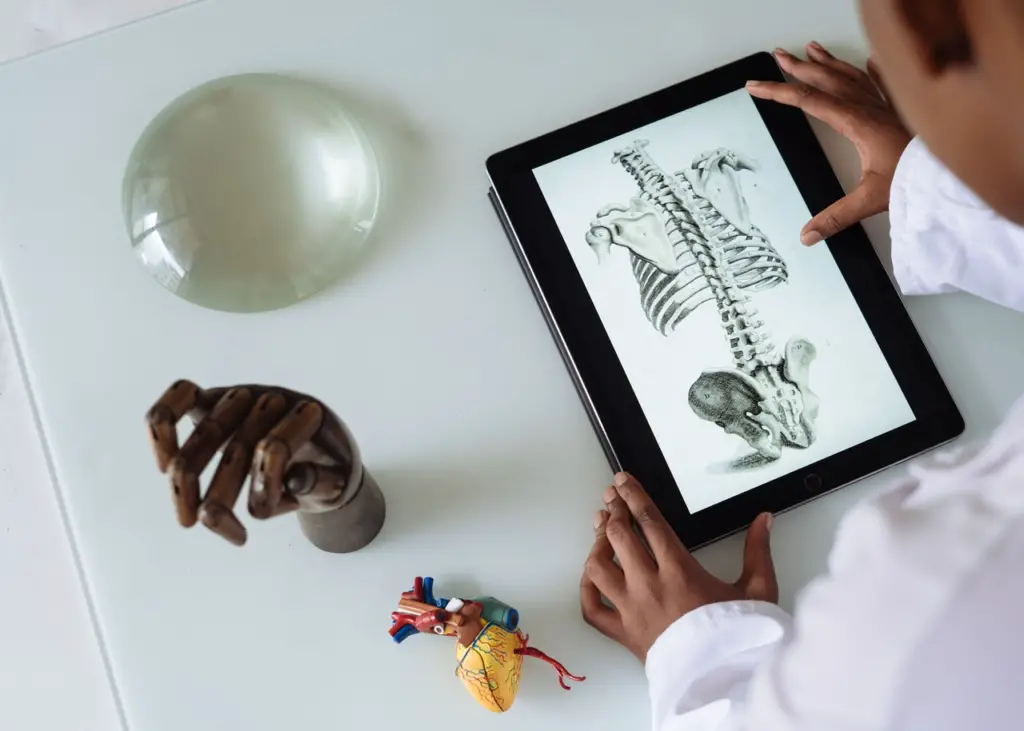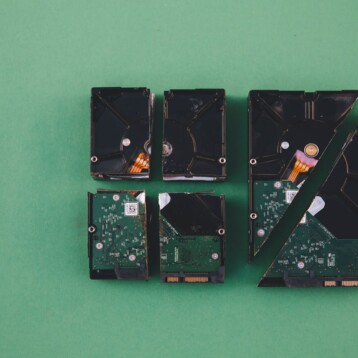
You’d think that any new health technologies would be met with raucous cheers from doctors and patients around the world. Indeed, the general reception to the latest and greatest technological developments in this field has been positive. Doctors, nurses, surgeons, and all other health care professionals understand the importance of developing new technologies to help combat diseases and make their lives easier. Likewise, patients will generally be keen to see new tech developed if it means they get a higher standard of treatment.
Nonetheless, there are some people that are somewhat scared of these new developments. How? Why? What is there to be scared about? To reiterate, the majority of people eagerly await new health tech, but there is still a handful that raises a few concerns. Today, we’re going to take a look at these concerns and see if they hold any real substance or not.
A lack of jobs
This is one of the major concerns whenever technology is talked about in any industry. Robots were brought into manufacturing plants years ago, prompting worries about jobs for physical workers. The same thing is happening right now; doctors are worried that the increase in health care tech might mean they are out of a job soon. After all, why do you need a doctor if you have a machine that can take all your symptoms and work out what might be wrong with you? Who needs a surgeon when there are robots that can perform surgeries without the risk of human errors?
Concerns about job safety are normal when new technologies are developed. However, this isn’t something that is likely to affect the majority of healthcare workers. Time has shown that human beings are still needed when technology takes over. When you walk into a grocery store and they have self-service checkouts, do you see the place completely devoid of human workers? No, there are usually people patrolling the self-service areas because the technology often needs human assistance. It will be the same in the medical field; doctors and nurses will be needed to help guide the technology or step in when there are little problems here and there.
What’s likely to happen is that technology and medical professionals will work hand in hand, rather than one replacing the other. Any worries surrounding job safety should probably be put to bed.
More room for lawsuits
Some individuals within the medical field are worried about new technology because they think it provides more room for lawsuits against them. Every day, people around the world are hiring medical malpractice attorneys to sue doctors and health care professionals for making mistakes. Some people in the industry are concerned that things like tech issues or errors might mean that patients have another way of suing them. 99.9% of medical professionals never intentionally do anything wrong. Everyone can make mistakes, regardless of the job they have, it’s just unfortunate that, in a health care setting, your mistakes can damage lives and you can justifiably be sued.
If technology starts being used throughout the medical world, there is a worry that it could lead to problems with incorrect diagnoses, issues during surgery, and so on. This is why some professionals are concerned about it; they don’t want tech errors to cost them money, but also to cost a patient.
Is this a genuine problem to be concerned about? Well, if you look at some of the main reasons for medical malpractice – such as issues with incorrect surgeries, botched surgeries, misdiagnoses, and so on – you could argue that many of these can be solved by technology. For example, a piece of tech that can provide an accurate diagnosis might prevent wrong ones from being given out. Also, if a robot performs surgery, and it goes wrong, then the medical professional is unlikely to be at fault for this. Instead, the patient is more likely going to sue the manufacturer of the technology. So, no, worrying about lawsuits probably isn’t something that’s really going to be an issue.
Concerns about the quality of treatment
We mentioned the possibility of tech errors in the previous point, and that’s one of the main problems patients have with health tech. They are worried that these technical errors could reduce the quality of treatment they receive. It might mean they don’t get the treatment they hoped for, or there are issues during the treatment.
Ultimately, it all comes down to the idea of trusting the technology. Can you trust the technology to do its job without breaking? Well, we trust technology in all other forms of life, don’t we? Granted, when your health is at stake, it’s a lot harder to find complete and utter trust in technologies that you don’t really understand how they work.
With that in mind, concerns about tech issues and the quality of treatment are genuine ones. Look around you at all the technology in your life and think about how often there are minor glitches or errors. Things like this happen all the time, but the stakes are raised when the technology is aimed at treating you as a patient. Trust needs to be developed, which is why most medical technology takes years or decades to develop. Some of the technology that’s used in modern-day medicine was met with worries or concerns a decade ago. But, as time went on and no problems were seen, people started to trust it without any concerns. The same thing is likely to happen with any future tech – provided there are no ongoing issues.
Overcomplication
Both patients and professionals might be worried about the overcomplication that comes with new technology. For patients, the concerns revolve around how difficult it might be to get treatments or speak to doctors about issues. With all the technology flying around, it means that patients who aren’t tech-savvy could be at a disadvantage. Likewise, we touched upon the idea of lawsuits earlier, and the introduction of technology might mean that patients have to sign complex forms before surgeries or treatments because of all the tech and the liabilities that come with it.
For professionals, the overcomplication revolves around getting to grips with all the new technology. You are a busy individual that needs to see patients; where will you find the time to get up-to-speed with all the new tech? Again, many doctors are from older generations without an eye for technology, so will they be held back by these developments.
Of all the concerns, this is perhaps the biggest one that’s worth worrying about. Particularly for professionals as it will require some getting used to when new technology is brought into the workplace. Still, with time, things should become less complicated.
Overall, there isn’t really any reason for doctors or patients to be too worried about new health technologies. Most of the concerns are only concerns because the technology is new. You fear the unexpected, but when it comes along and becomes more commonplace then it’s easier to handle and isn’t going to be a big concern. Remember, health technology exists for one sole purpose: to improve the treatment and lives of patients. It’s something that should be met with open arms and cheered across the medical industry. Look at hospitals today compared to hospitals a generation ago. The sheer amount of new technology is mindblowing, and the number of lives that have been saved because of health tech is staggering. We should look forward to the latest developments, rather than fear them!










